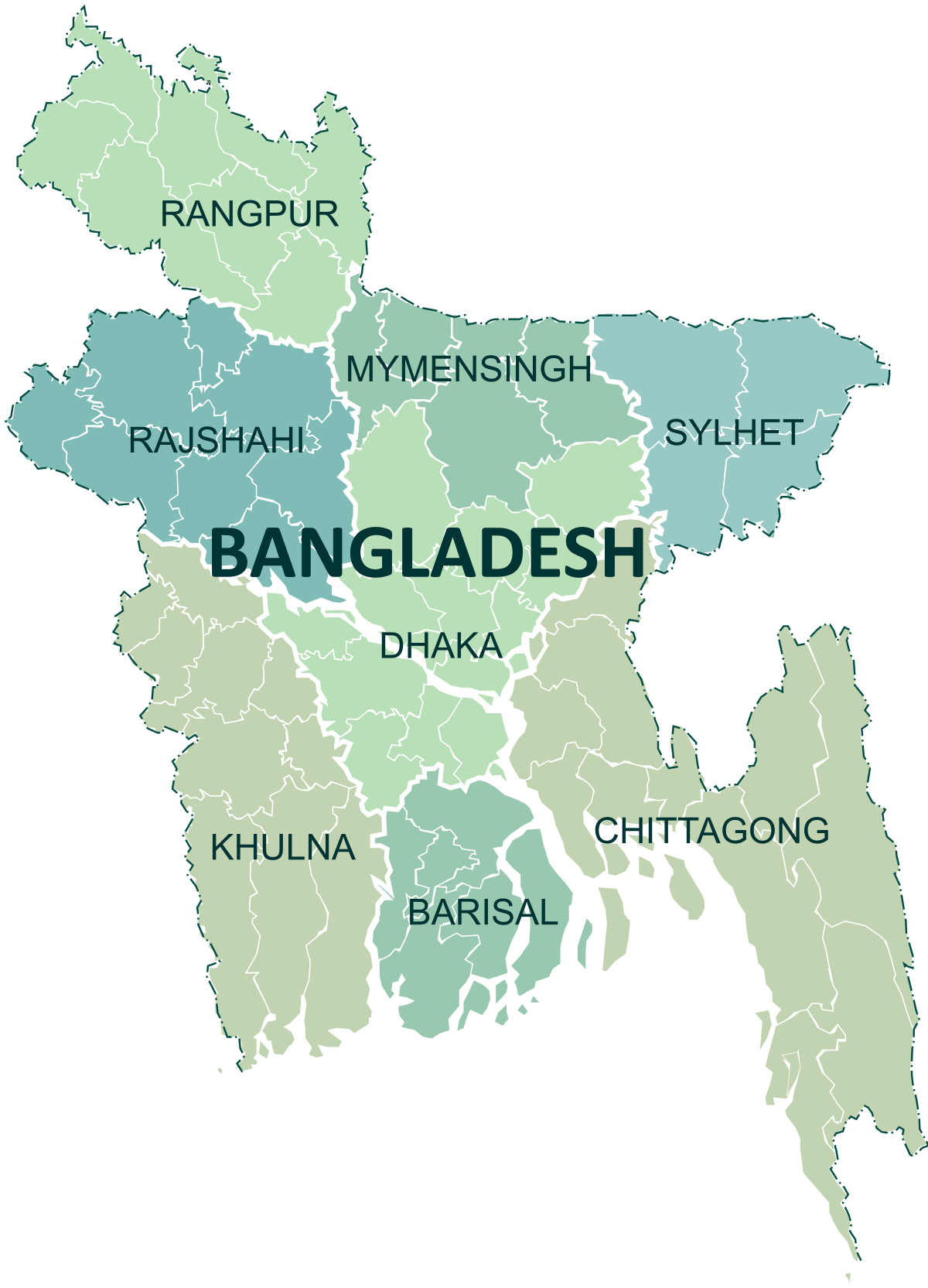Bangladesh’s exports to traditional markets including the US and the EU grew in 2021. Exports to its single largest market, the US surged from 17.5 percent in 2018 to 20.30 percent in 2021, says Faruque Hassan, President, BGMEA.
It totaled $7.28 billion in 2021. The share of woven garment exports was worth $4.65 billion while knitwear exports totaled $ 2.62 billion. For the first time, Bangladesh’s RMG export to the US exceeded $7 billion in a year, a growth of 43.62 percent compared to 2020, says Hassan.
Bangladesh’s exports to its second-largest export destination, the EU accounted for 50.07 percent of its total exports. In the last five years, Bangladesh’s exports to the EU grew from $18.69 billion in 2017 to $ 21.74 billion, a 27.74 percent year on year growth
Exports to Germany crosses new milestone
Among the EU member states, exports to Germany, France, Italy, Denmark, Belgium, Portugal, and Poland grew in 2021. For the first time exports to Germany crossed $6 billion registering a growth of 26.64 percent.
In the same year, exports to the UK reached $3.81 billion; Canada saw an increase of 28.46 percent from $865.17 million in 2020 to $1.12 billion in 2021.
Promising growth to non-traditional markets
Exports to non-traditional markets also showed promising growth during the year. It grew 25.75 percent to reach $5.7 billion in 2021. Exports of woven garments amounted to $2.54 billion while knitwear garments were worth $3.14 billion. Exports to Japan recorded the highest growth of 17.22 percent to reach $1.03 billion.
Tapping the EAEU market
Exports to other non-traditional markets such as Australia, South Korea, Russia, India, and Mexico also increased remarkably while those to Brazil, China, and Turkey declined, as recovery from the pandemic faltered.
Exports from Asia showed promising growth as seen by the rising exports from emerging markets like Japan, China, India, South Korea.
The Bangladesh government has sent an official proposal to the Eurasian Economic Union (EAEU) comprising of Russia, Belarus, Kazakhstan, Armenia, and Kyrgyzstan.
Apparel diplomacy in non-traditional markets
In the last few years, Bangladesh has made tremendous progress in growing its market base. However, the country suffers from low diversification in export items and destinations. Hence, BGMEA has launched an initiative to explore non-traditional markets under the apparel diplomacy campaign.
The plan is to organize ‘Made in Bangladesh’ roadshows to regions like the Middle East, Asia which include Japan, Korea, China and India, Iraq, Russia, and a follow-up visit to Latin American countries.
The initiative is aimed at highlighting the industry’s growth, establishing contacts and networks, engaging with similar organizations to promote trade, identifying problems, and advancing discussions on market access.

Looking to tap high-value market
BGMEA is also planning to tap the untapped potential in existing markets. One of the plans is to enter the high value-added market segment for which it plans to produce more high-end products.
The association also aims to invest in new technologies and focus on backward and forward linkage industries. Going digital is also one of Bangladesh’s aim in the next few years, Hassan concludes.
















